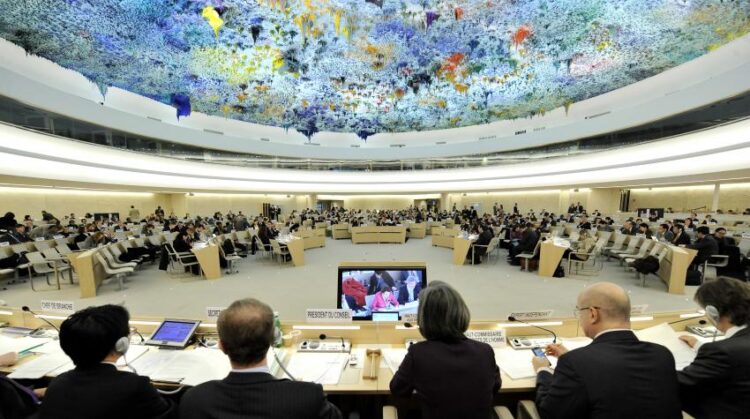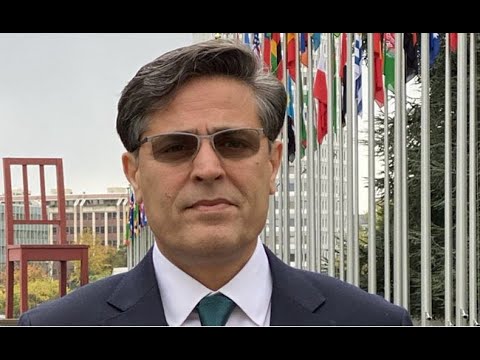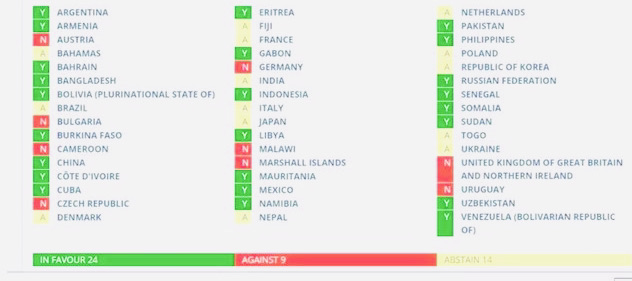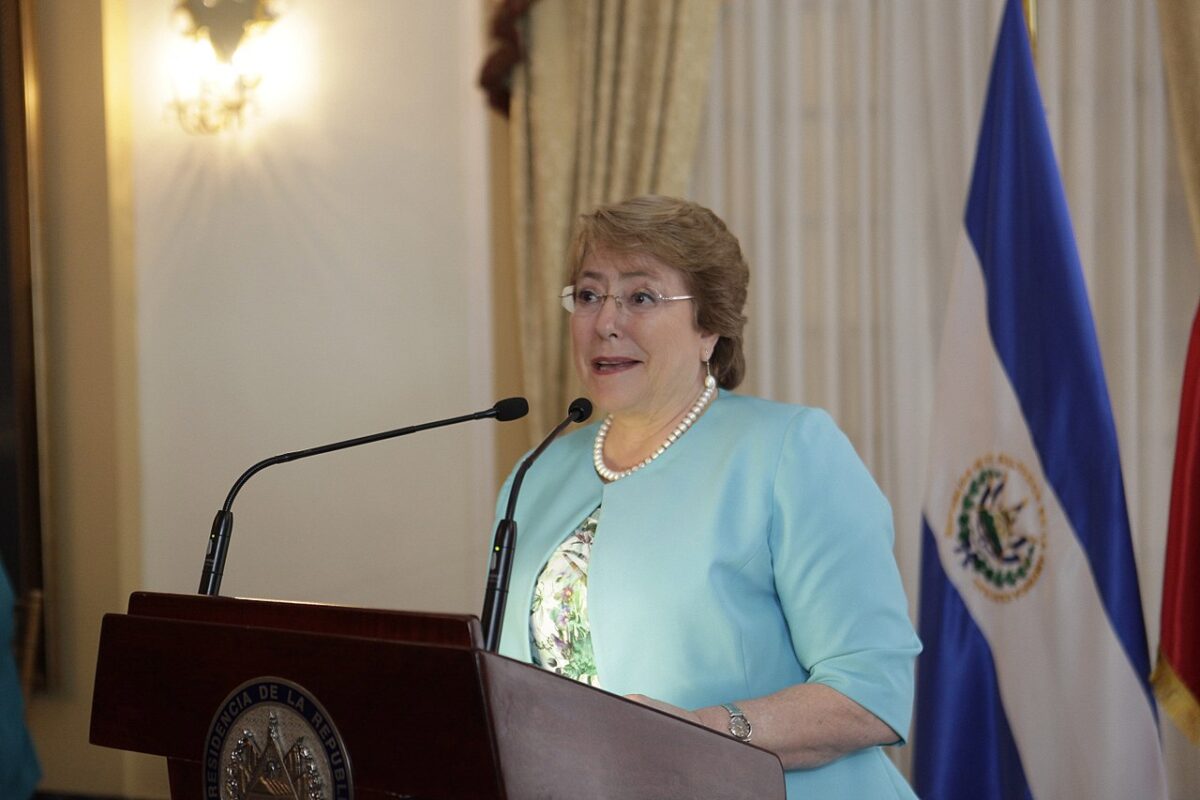The Human Rights Council, a United Nations body that has proven to be notoriously anti-Israel over the years, plans to appoint a commission of inquiry to investigate Israel’s conduct in the West Bank and in the Gaza Strip. Its mandate is to determine whether Israel committed war crimes during the recent Gaza war and whether Israel is guilty of human rights violations in the West Bank and Gaza.
It should be noted that China and Russia, authoritarian states that show little or no respect for conventional human rights, or flout the norms of democracy, supported the creation of this panel.

The commission itself was created at the suggestion of Pakistan’s ambassador to the United Nations, Khalil Hashmi, on behalf of the Organization of Islamic States. Hashmi argued it is needed to hold Israel accountable for decades of repression and systematic discrimination. Just to be clear, neither Pakistan nor the Organization of Islamic States recognize Israel as a sovereign nation and are hostile to its very existence.

As a result, the resolution that established the commission omitted all mention of Hamas or any of the armed Palestinian groups that participated in the last Gaza war. To say that this was a shameless omission, much less a miscarriage of justice, would be an understatement.

Lest it be forgotten, Hamas initiated the latest war by firing seven rockets toward Jerusalem, Israel’s capital, on May 10. Israel responded with air strikes aimed at crippling Hamas’ military infrastructure in Gaza, from which the Israeli army withdrew unilaterally in 2005. Hamas, in turn, launched fusillades of unguided rockets at Israeli cities ranging from Ashkelon and Ashdod to Tel Aviv and Petah Tikva.
Hamas and its sister organization, Islamic Jihad, fired a total of more than 4,000 rockets indiscriminately at Israel. Fortunately, 90 percent of these deadly projectiles were downed by the Iron Dome missile defence system. Nevertheless, 11 Israelis and two Thai agricultural workers were killed during the 11-day war. Absent the Iron Dome, Israel’s casualties would have far higher.
To her credit, the head of the Geneva-based Human Rights Council, Michelle Bachelet, adopted a fairly balanced approach to the war, accusing Hamas of “a clear violation of international humanitarian law.”
She listed two obvious violations.
First, rockets launched by Hamas at Israel were fired without the slightest regard of where they might land if not intercepted by the Iron Dome. In other words, these were blatantly indiscriminate attacks targeting civilians.
As Meirav Eilon Shahar, the Israeli ambassador to the United Nations, correctly noted, “Each one of these rockets constitutes a war crime.”

Second, as Bachelet pointed out, Hamas rocket launchers were deliberately placed in residential neighborhoods, a cold-blooded tactic that Hamas cynically relies on to implicate Israel in war crimes. To no one’s surprise, Bachelet said that Israeli air strikes in densely populated districts might constitute a war crime.
As U.S. Secretary of State Antony Blinken pointed out, Israel “took very significant steps” to avoid civilian Palestinian casualties in congested urban areas. Israel’s surgical strikes were precise as could be under the circumstances, but even its most stringent precautions were insufficient.

Two hundred and forty Palestinians were killed during the war, and unfortunately some of the fatalities were children, which was also the case in Israel. But it should be borne in mind that 80 of the dead were combatants, as Hamas acknowledged after the war.
Israel may have a tougher time defending its occupation of the West Bank, which cannot be justified any longer and stands in the way of a just two-state solution. It should be ended within the framework of a peace agreement between the Israeli government, the Palestinian Authority, and, hopefully, Hamas, which still calls for Israel’s destruction.
Israel should resume talks with the Palestinians as soon as possible. The last round of negotiations lasted almost a year and were broken off just months before the third Gaza war in the summer of 2014.
The United States should use its enormous influence to jump start such negotiations.
The alternative is depressingly bleak — more strife and further bloodshed. The status quo, judging by the most recent Gaza war, is simply unsustainable.
